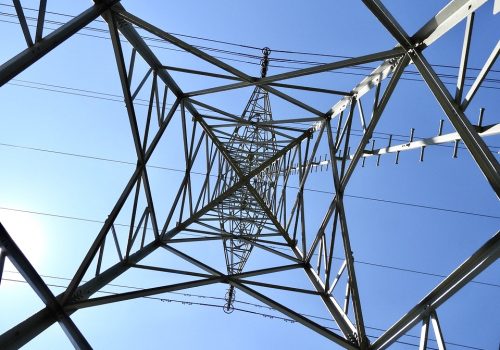Japan’s nuclear reactor fleet: The geopolitical and climate implications of accelerated decommissioning
As Japan approaches the ten-year anniversary of the Fukushima Daiichi nuclear accident, nuclear energy accounts for approximately 7.5 percent of Japan’s electricity generation, whereas prior to the accident, it had produced 30 percent of Japan’s electricity. In the Atlantic Council’s new report, Japan’s nuclear reactor fleet: The geopolitical and climate implications of accelerated decommissioning, Dr. Phyllis Yoshida argues that Japan has suffered unintended consequences as it has sought to make up for its loss of nuclear energy. First, Japan has increased its dependence on energy imports, especially imported fossil fuels. Secondly, as Japan’s domestic reactor fleet has faltered, Japan’s civil nuclear export program has also struggled. Finally, without more nuclear energy, Japan will face challenges as it works to keep its increasingly ambitious climate commitments, especially its recently announced goal of achieving net-zero by 2050.
About the author
Dr. Phyllis Yoshida is a senior fellow at the Atlantic Council Global Energy Center and an expert on Japanese and international science, technology, and energy issues. She was formerly the senior fellow for energy and technology at the Sasakawa Peace Foundation USA and deputy assistant secretary for Asia, Europe, and the Americas at the US Department of Energy. Her career has spanned the US House of Representatives, the Japan Economic Institute, George Mason University, and the US Department of Commerce, among other institutions.

The Global Energy Center develops and promotes pragmatic and nonpartisan policy solutions designed to advance global energy security, enhance economic opportunity, and accelerate pathways to net-zero emissions.
Image: An illuminated Tokyo Tower is seen between skyscrapers in Tokyo, Japan, March 10, 2016. REUTERS/Issei Kato

